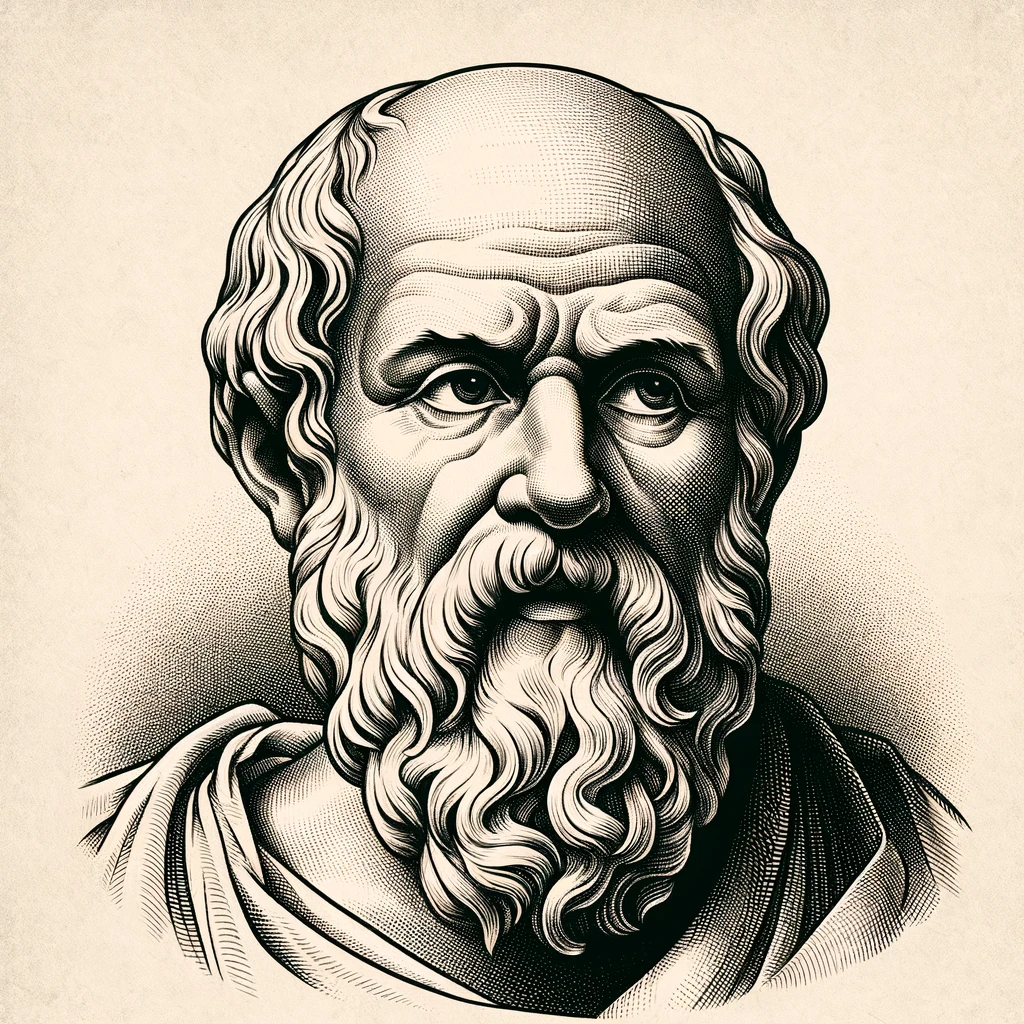In the heart of ancient Athens, amidst the burgeoning fields of philosophy and discourse, emerged a technique so revolutionary that it would shape the contours of critical thinking and education for millennia: the Socratic Method. Named after the enigmatic philosopher Socrates, this method of inquiry and debate challenges the status quo, encouraging deep reflection and a relentless quest for truth. This blog post explores the origins, development, and groundbreaking impact of the Socratic Method, unveiling how it continues to influence modern thought and dialogue.
The Birth of the Socratic Method
Socrates, unlike his predecessors, who focused largely on cosmological speculations, turned his gaze inward to the human condition, ethics, and the pursuit of virtue. In doing so, he shifted the philosophical landscape from the natural world to the realm of human morality and knowledge. The Socratic Method was born out of Socrates’ disdain for the sophistry of his time — a practice where rhetoric often overshadowed the pursuit of truth.
How the Socratic Method Works
The Socratic Method is characterized by a conversational, cooperative dialogue where participants ask and answer questions to stimulate critical thinking and illuminate ideas. Unlike traditional teaching methods that involve lectures and rote memorization, the Socratic Method seeks to expose contradictions in one’s thought process, encouraging a deeper understanding of the subject matter.
Why It Was Revolutionary
At its core, the Socratic Method was revolutionary because it democratized knowledge. It proposed that wisdom wasn’t the sole province of the elite but could be achieved by anyone willing to engage in the rigorous examination of ideas. Socrates famously asserted that he knew nothing except the fact of his ignorance. This admission was not a declaration of defeat but a radical call to relentless inquiry and self-examination.
The Impact on Education and Critical Thinking
The Socratic Method’s emphasis on questioning and critical thinking laid the groundwork for the development of Western philosophy, influencing the likes of Plato, Aristotle, and beyond. Its impact extends into modern education, promoting active learning and the development of analytical, creative, and independent thought. In classrooms, courtrooms, and boardrooms around the world, the Socratic Method fosters an environment where questions are more valuable than answers, and intellectual humility is the cornerstone of learning.
The emergence of the Socratic Method was a pivotal moment in the history of philosophy. By challenging individuals to question their beliefs and the world around them, Socrates set into motion a tradition of critical inquiry that remains vital today. In an age of information overload, the Socratic Method — with its focus on dialogue, reflection, and the courage to admit one’s ignorance — is more relevant than ever. It reminds us that at the heart of learning, growth, and innovation lies the simple yet profound act of questioning the norm.









